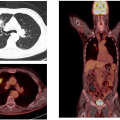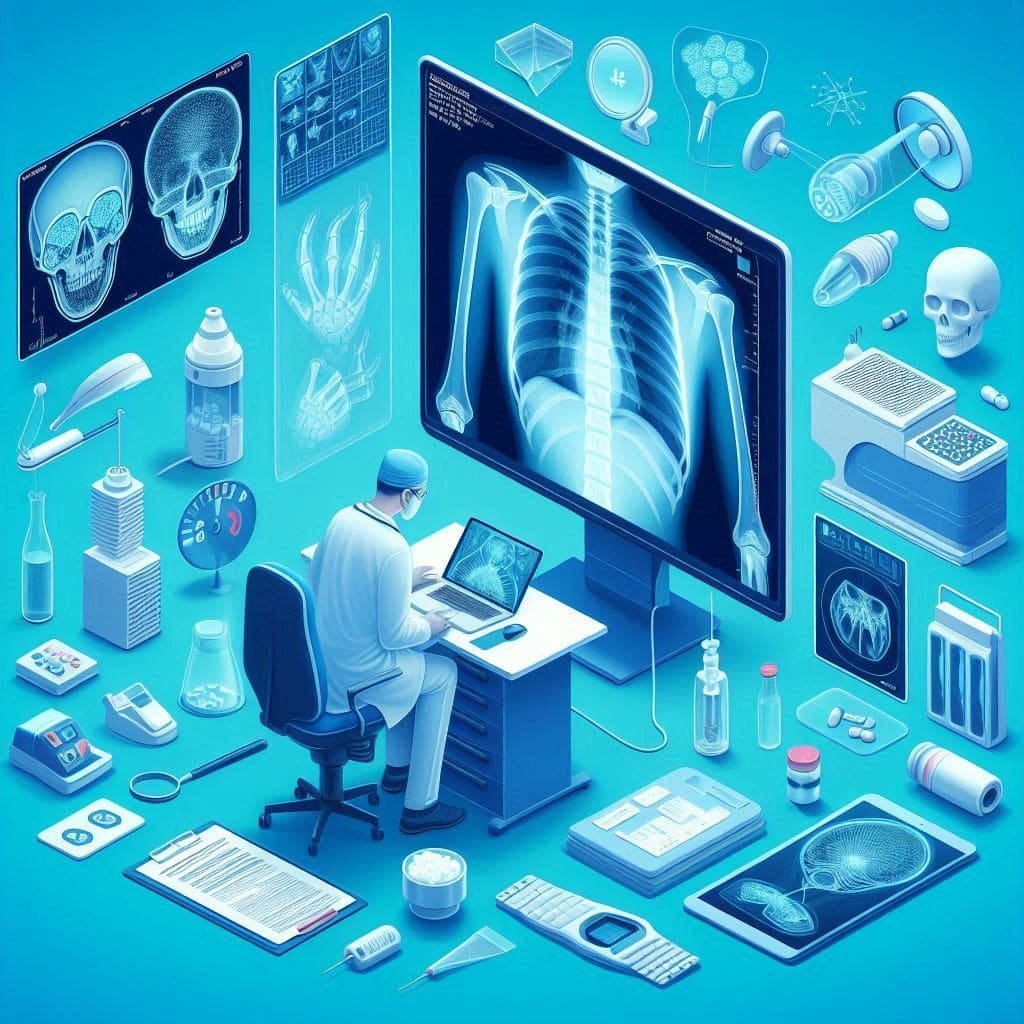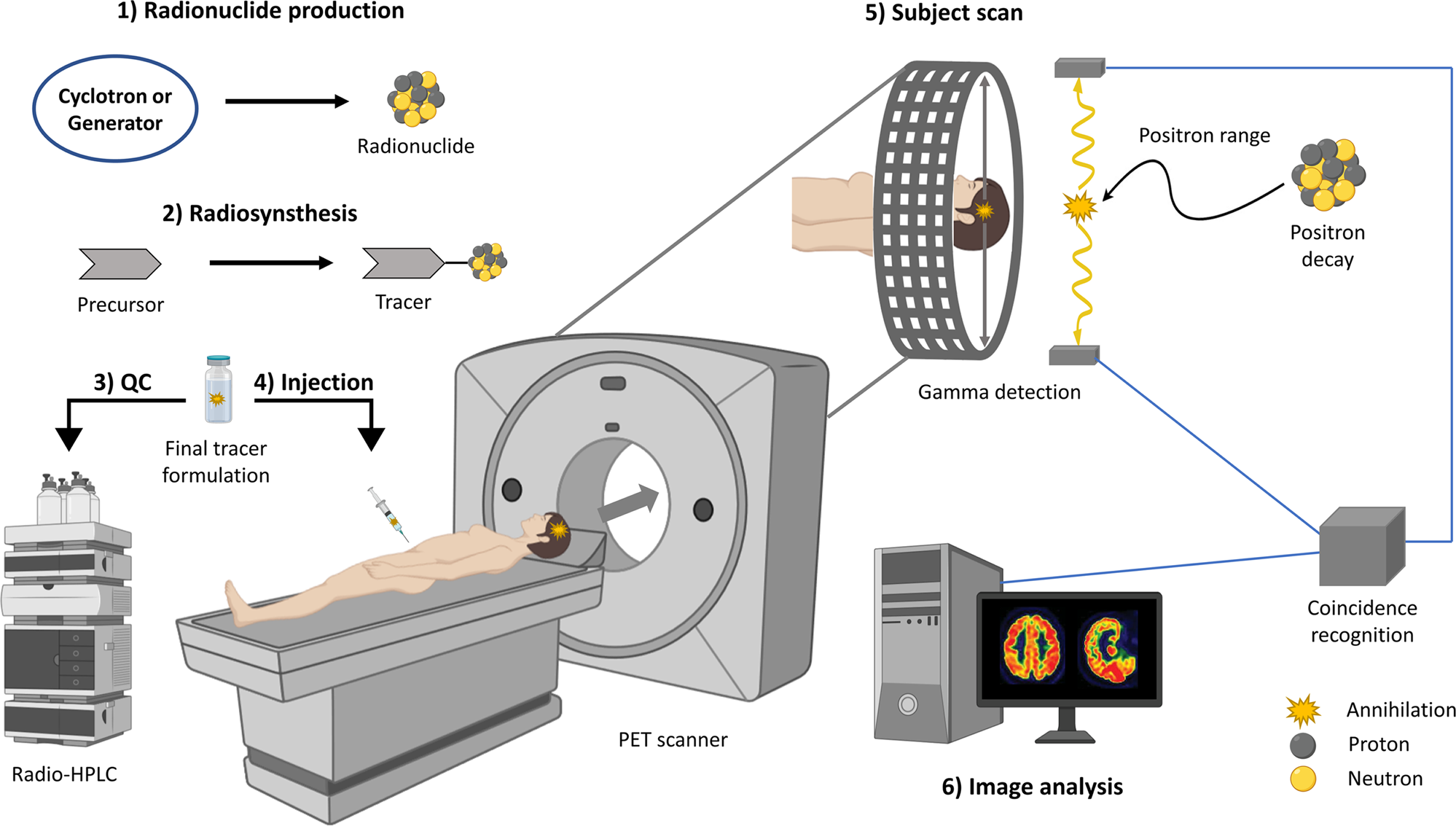
Diseases That Cause High Blood Pressure
Diseases That Cause High Blood Pressure: Underlying Conditions That Threaten Your Health
Diseases That Cause High Blood Pressure
Several underlying diseases can lead to high blood pressure, and it is essential to recognize these diseases to provide appropriate treatment and effectively control blood pressure. Among these diseases are kidney diseases and endocrine disorders, which can have significant effects on blood pressure.
Kidney Diseases and Their Effect on Blood Pressure
Definition of Kidney Diseases and Their Relationship with High Blood Pressure
The kidneys play a vital role in regulating blood pressure by removing waste products and excess fluids from the body. When the kidneys cannot function properly, it can lead to high blood pressure.
How the Kidneys Affect Blood Pressure Regulation
The kidneys control the balance of fluids and salts in the body, which directly affects blood pressure. When the kidneys are damaged, fluids and salts can accumulate in the body, increasing blood volume and thus the pressure on the blood vessel walls.
Examples of Kidney Diseases That Cause High Blood Pressure
Chronic Kidney Failure: Chronic kidney failure is one of the main causes of high blood pressure. When kidney function gradually deteriorates, it can lead to fluid retention in the body and high blood pressure.
Kidney Infections: Chronic kidney infections can damage kidney tissues and increase blood pressure.
Polycystic Kidney Disease: Polycystic kidney disease is a condition where fluid-filled cysts form in the kidneys, which can lead to high blood pressure due to pressure on kidney tissues.
Long-Term Effects of Kidney Diseases on Overall Health
Kidney diseases can lead to serious complications such as heart failure, stroke, and complete loss of kidney function, necessitating dialysis or kidney transplantation. Additionally, kidney diseases can affect patients’ quality of life and reduce their ability to perform daily activities.
Endocrine Diseases and Their Relationship with High Blood Pressure
Endocrine glands play an important role in regulating body functions by secreting hormones. These hormones control many vital processes, including blood pressure.
How Endocrine Disorders Affect Blood Pressure
When endocrine glands are disrupted, hormone levels in the body can be affected, leading to changes in blood pressure.
Examples of Endocrine Diseases Associated with High Blood Pressure
Hyperthyroidism: Hyperthyroidism can increase heart rate and blood pressure.
Hypothyroidism: In hypothyroidism, a lack of thyroxine hormone can reduce blood vessel flexibility and increase blood pressure.
Hyperaldosteronism: This condition leads to increased secretion of the aldosterone hormone, which increases sodium and water retention in the body and raises blood pressure.
Cushing’s Syndrome: This syndrome occurs due to increased cortisol secretion, which can lead to high blood pressure.
Diabetes: Diabetes is associated with an increased risk of high blood pressure due to its effects on blood vessels and the kidneys.
Long-Term Effects of Endocrine Diseases on Overall Health
Endocrine diseases can lead to serious complications such as heart disease, stroke, and obesity. Additionally, they can affect normal growth and development in children and cause metabolic and weight control problems in adults.
Importance of Early Diagnosis and Treatment
Benefits of Early Diagnosis of Diseases Causing High Blood Pressure
Early diagnosis of diseases that cause high blood pressure can help take necessary preventive measures and provide appropriate treatment before serious complications occur.
Appropriate Treatment Strategies for Each Condition
Treatment strategies vary based on the type of disease causing high blood pressure. These strategies may include:
Medications: Such as diuretics, beta-blockers, angiotensin-converting enzyme inhibitors, and calcium channel blockers.
Lifestyle Changes: Such as improving diet, exercising regularly, avoiding smoking and alcohol, and controlling weight.
Surgery: In some cases, surgical intervention may be necessary to treat endocrine or kidney problems.
The Role of Medical Follow-Up in Blood Pressure Control
Regular medical follow-up plays a vital role in monitoring blood pressure and adjusting treatments as needed to ensure condition control and prevent complications. Regular follow-up can help doctors detect any changes in the patient’s health status and provide appropriate treatment promptly.
The Importance of Periodic Check-Ups for Early Detection
Periodic check-ups that help early detection of diseases causing high blood pressure include blood tests to assess kidney function and hormone levels, as well as imaging tests such as X-rays, CT scans, and MRI to assess the condition of the kidneys and endocrine glands.
The Role of Dokki Radiology Center in Providing Comprehensive Care
Services Available at Dokki Radiology Center for Diagnosing and Monitoring High Blood Pressure
Dokki Radiology Center offers a wide range of modern and comprehensive medical services for diagnosing and monitoring high blood pressure, including:
Blood Tests: To assess kidney function and hormone levels.
Kidney Imaging: Such as X-rays, CT scans, and MRI to evaluate kidney condition.
Endocrine Tests: To identify any hormonal disorders.
Vascular Imaging: To assess the condition of blood vessels and detect any blockages or narrowings.
The Importance of Regular Examinations and Continuous Follow-Up
Adhering to regular examinations and continuous follow-up helps in early detection of any changes in the patient’s condition and adjusting appropriate treatment promptly. These examinations help prevent the development of serious complications and improve patients’ quality of life.
The Center’s Commitment to Providing Comprehensive and Modern Healthcare
Dokki Radiology Center prides itself on providing comprehensive and modern healthcare, using the latest medical technologies and a team of specialized doctors in various fields to ensure the best possible care for patients. The center strives to provide a comfortable and supportive environment for patients to ensure a distinctive medical experience and achieve the best health outcomes.
Conclusion
Understanding the diseases that cause high blood pressure and the importance of early diagnosis and treatment plays a significant role in maintaining heart and blood vessel health. Through awareness of these diseases and adherence to periodic check-ups, patients can avoid serious complications and live healthier lives. Dokki Radiology Center plays an important role in supporting community health by providing comprehensive and high-quality medical services for monitoring and treating high blood pressure and related diseases.
Latest Blogs
- All Posts
- Blog











